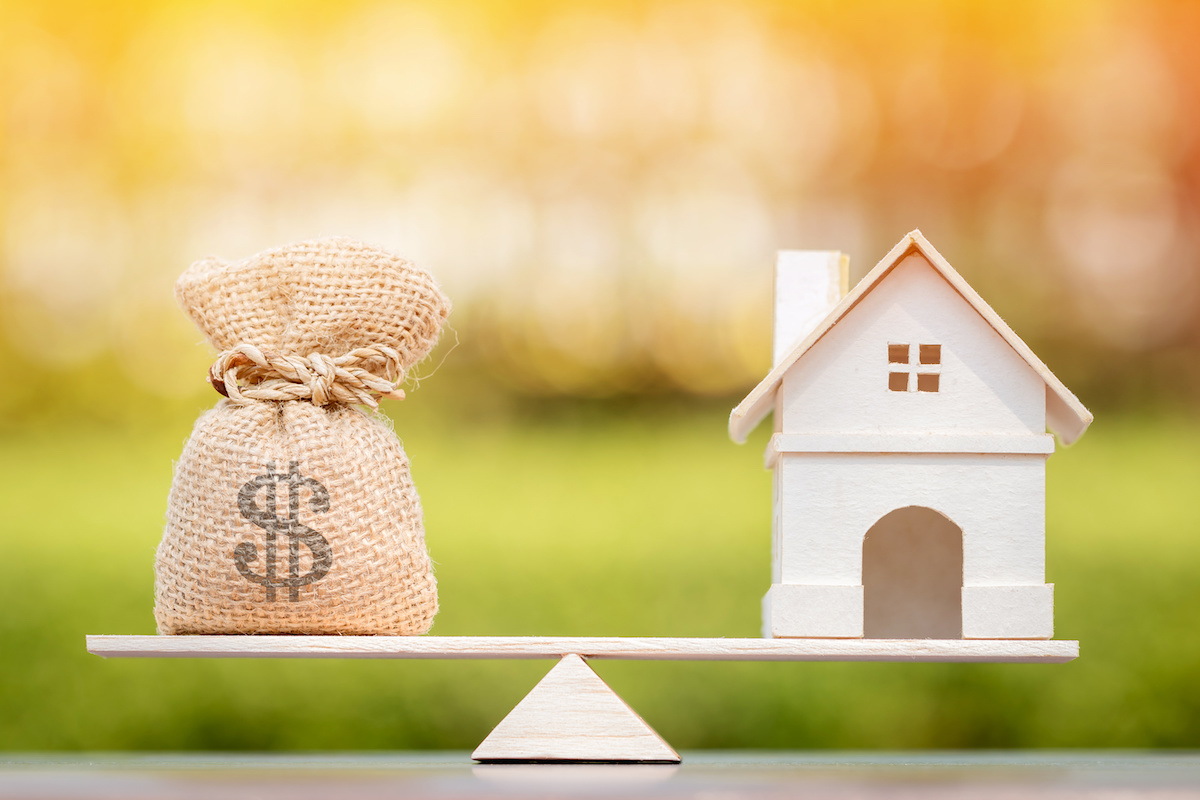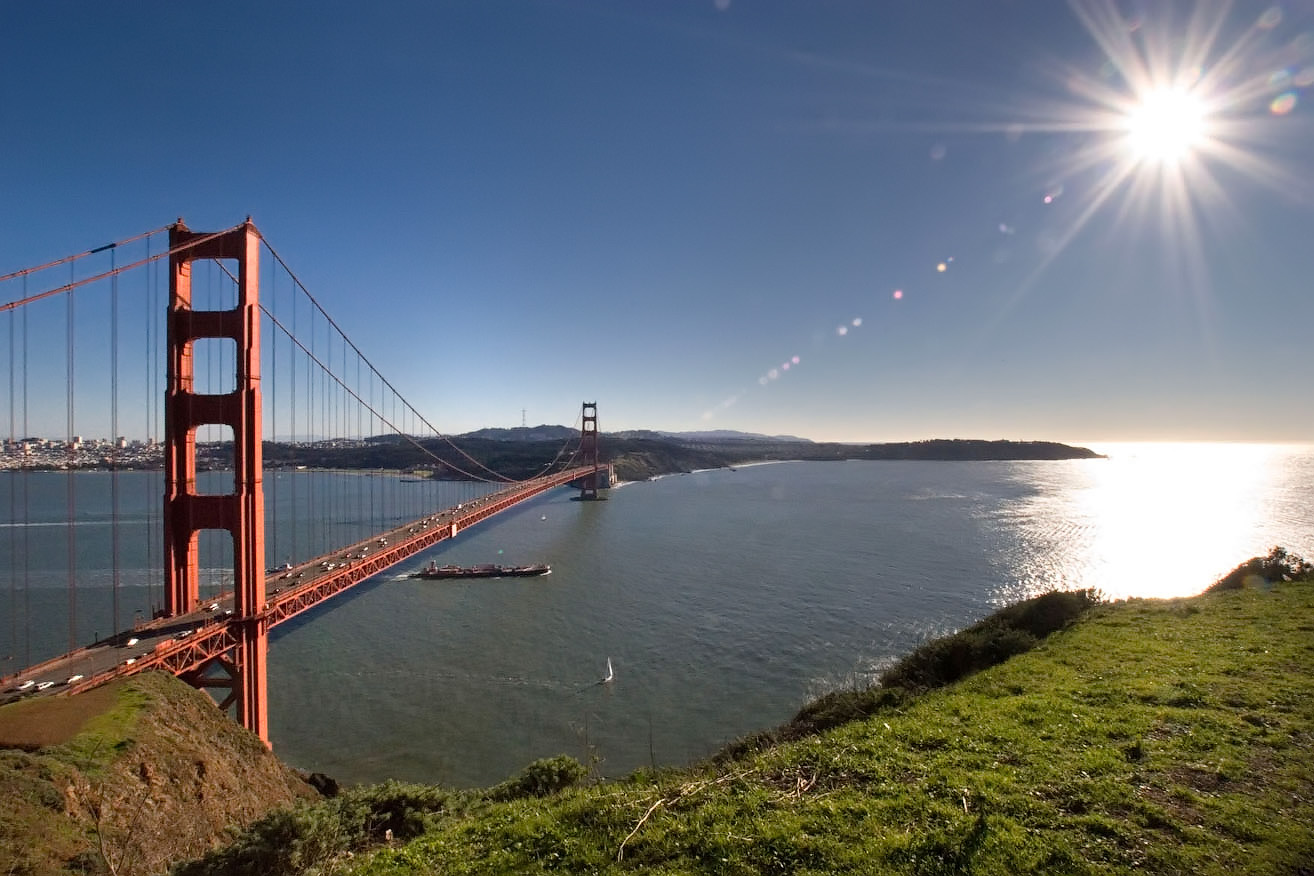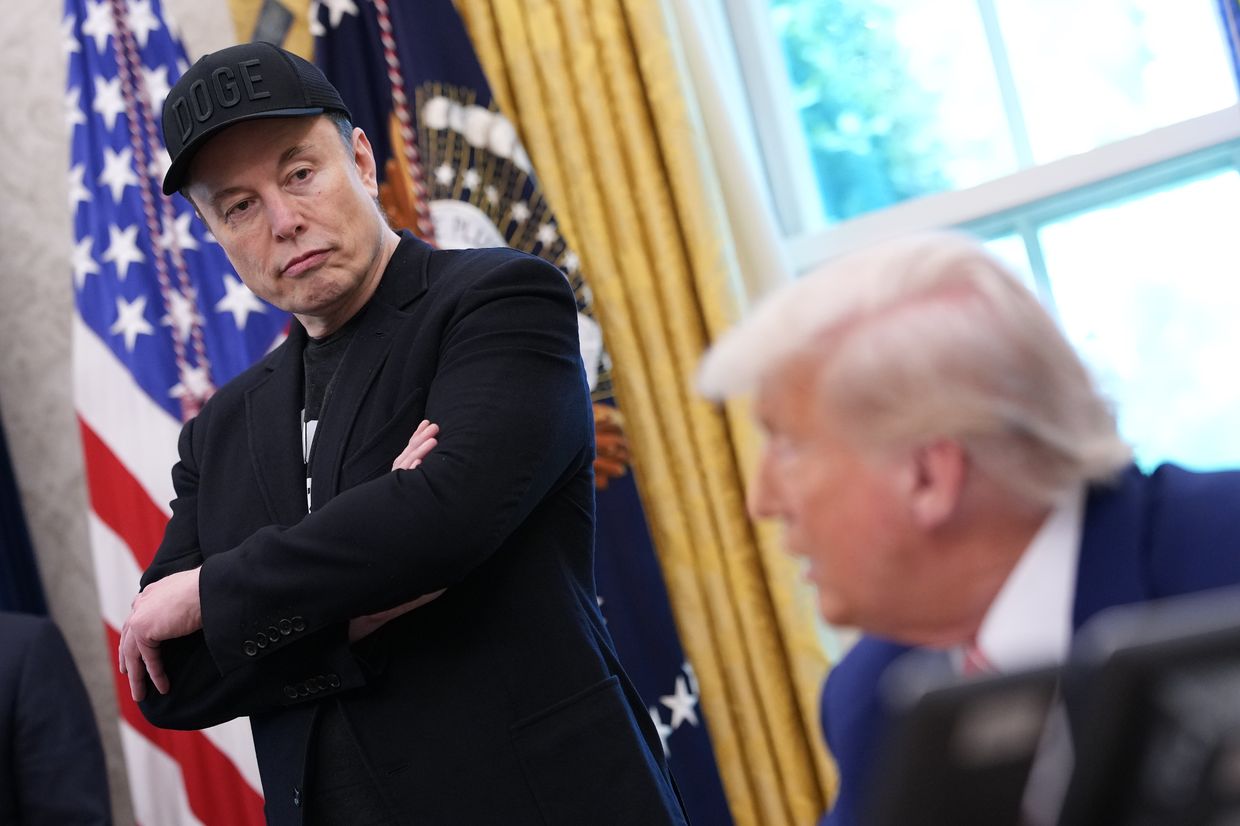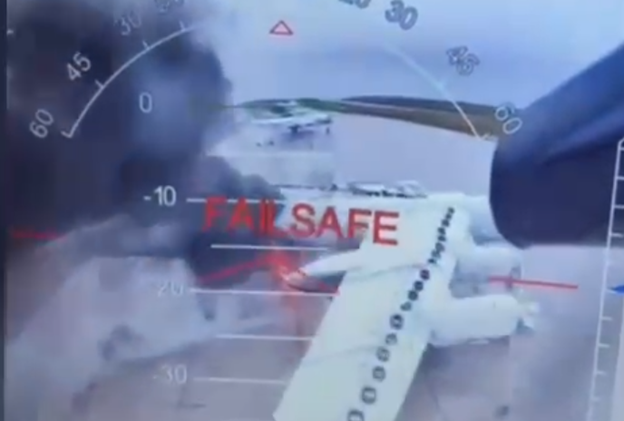Anthony Di Pizio, The Motley Fool
Wed, Jun 11, 2025, 2:43 AM 7 min read
In This Article:
-
Tesla has become the poster child for the autonomous driving revolution on Wall Street, thanks to its Cybercab robotaxi.
-
The company is facing a series of headwinds right now and its stock is extremely expensive, which creates downside risk.
-
Uber is approaching autonomous vehicles with a unique strategy that could pay off significantly in the long run.
Tesla (NASDAQ: TSLA) is one of the leaders of the electric vehicle (EV) industry, but investors are more focused on its autonomous full self-driving software (FSD), which CEO Elon Musk believes could help it become the most valuable company in the world.
But Tesla might be falling behind in the autonomous driving race, at least in terms of commercialization. Uber Technologies (NYSE: UBER) operates the world's biggest ride-hailing network, and it partnered with 18 developers of autonomous vehicles, some of which are already hauling passengers.
Can Tesla come out on top over the long term, or is Uber stock the better buy? The answer might surprise you.
Musk promised Tesla customers self-driving cars since the early 2010s, but he has yet to deliver one that is approved for unsupervised use on public roads in the U.S. Fortunately for the longtime believers, the wait might be over because he's aiming to get the company's Cybercab robotaxi on the road in Texas and California this year.
The Cybercab is a true autonomous vehicle that doesn't come with pedals or even a steering wheel. It runs entirely on Tesla's FSD software, which has been available in beta mode for the last few years in the company's passenger EVs -- strictly in the presence of a human driver, who needs to be ready to take the wheel. Tesla has been releasing safety data for the beta versions of FSD since 2018, and it appears to outperform human drivers by a wide margin.
A Tesla passenger EV with self-driving activated crashes once every 7.44 million miles, on average, compared to one crash every 702,000 miles for American drivers who pilot their car manually (across all brands). This data suggests FSD could reduce car accidents by 90% across the country if everybody uses the software, which is why Musk and his team are confident it will be approved for unsupervised use sometime this year.
Unsupervised FSD could transform Tesla's economics. The Cybercab will be able to haul passengers and even complete small commercial deliveries around the clock, netting Tesla a consistent revenue stream with high profit margins because there are no human drivers involved. Cathie Wood's Ark Investment Management believes the Cybercab could bring in a whopping $756 billion in annual revenue from autonomous ride-hailing by 2029, assuming FSD receives widespread approval.
.png)
 German (DE)
German (DE)  English (US)
English (US)  Spanish (ES)
Spanish (ES)  French (FR)
French (FR)  Hindi (IN)
Hindi (IN)  Italian (IT)
Italian (IT)  Russian (RU)
Russian (RU) 







Comments